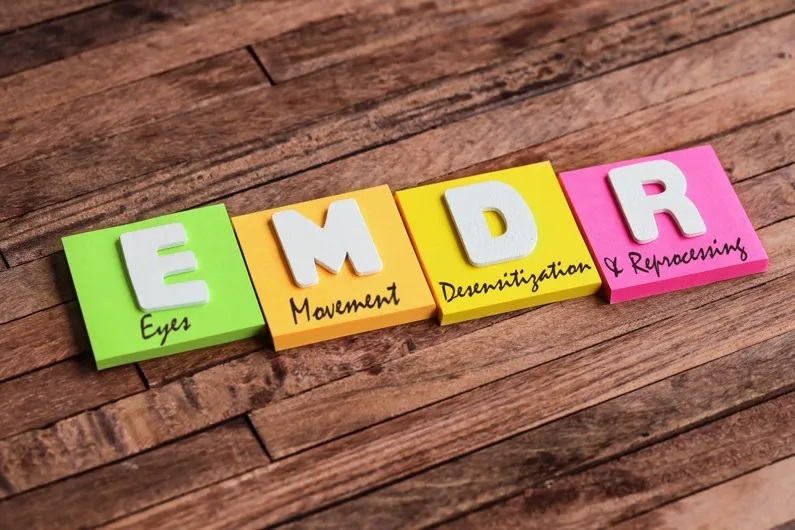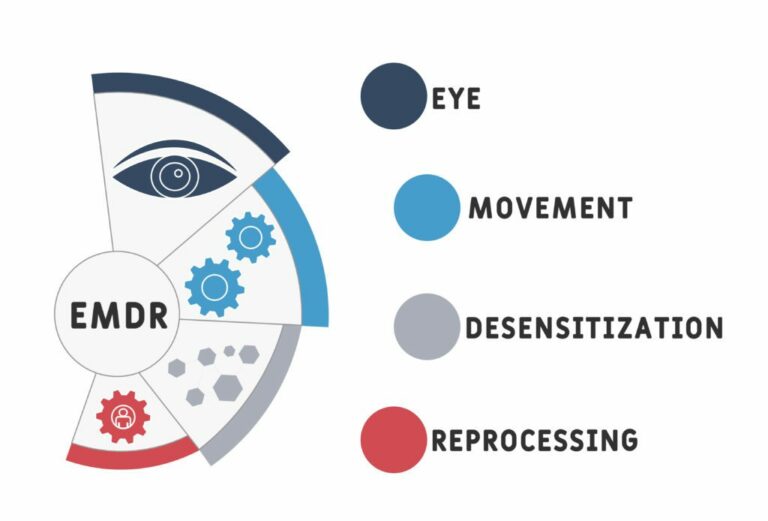First Therapy Session
Searching for a Therapist
The first step in starting therapy is finding a qualified therapist who can address your unique concerns and needs. Whether you’re looking for a therapist in Newark, DE, a therapist in Wilmington, DE, or counseling services in other parts of Delaware, you’ve got plenty of options.
Check Websites and Reviews: Most Delaware therapists and counselors have websites filled with information about their services. From Wilmington counseling centers to private practices in Newark, you can find detailed explanations about their specializations, whether it’s general counseling, EMDR therapy in Wilmington, DE, or psychiatric services.
Make a Preliminary Phone Call: Before you schedule an appointment, it’s advisable to speak with the therapist over the phone. This initial conversation will help you get a sense of their personality, therapeutic style, and whether they are a good fit for your needs.
Questions to Ask a Therapist or Counselor:
- What is your approach to therapy?
- Do you have experience dealing with [your specific concern]?
- What are your fees, and do you accept my insurance?
- How long is each session, and how frequently would we meet?
- Do you offer specialized services like EMDR therapy in Wilmington, DE, for example?
- What is your cancellation policy?
The Initial Session: Getting to Know Each Other
The first session is a vital part of your therapy journey. It’s a time for the therapist to understand your background, your current situation, and what you aim to achieve through therapy.
Providing a Personal History
Therapists in Wilmington or elsewhere in Delaware may ask about your family history, past experiences, and any previous encounters with mental health services. The more transparent you can be, the better your therapist can help tailor their therapeutic approach to suit your needs.
Discussing Your Current Situation
After the historical background, the conversation typically shifts to your current state of mind and what prompted you to seek therapy. You could be facing challenges related to mental health, substance abuse, or other life circumstances that affect your well-being.
Setting Goals for Therapy
Goal-setting is a crucial part of any therapy process. Whether it’s managing anxiety, improving relationships, or tackling mental health challenges head-on, knowing what you want to achieve helps structure your future sessions. Your therapist may set both short-term and long-term goals to measure your progress.
Types of Therapy Available
Given Delaware’s variety of mental health services, you may have different types of therapy to choose from:
- General Counseling: Ideal for managing everyday stress and mild to moderate mental health concerns.
- Pastoral Counseling: incorporating spirituality into your journey to wellness
- EMDR Therapy: If you are dealing with trauma or PTSD, EMDR therapy in Wilmington, DE, could be a good option.
- Psychiatry Services: For more severe mental health conditions requiring medication, psychiatry in Wilmington, DE, and other parts of Delaware can provide a more medical-based approach to mental health.
What Comes Next?
After your initial session, you and your Delaware therapist will usually agree on a schedule for future meetings, whether it’s weekly, bi-weekly, or another arrangement that suits your needs and fits your schedule.
Therapy is an ongoing process that requires active participation and commitment. But remember, whether you’re dealing with emotional challenges, undergoing Delaware counseling, or opting for specialized treatments like EMDR therapy in Wilmington, DE, the journey is yours, and the first step is often the hardest to take.

Definition of Mental Health Services
Mental health services encompass a broad range of treatments designed to improve your mental health and manage various conditions. These can range from individual and family counseling to more specialized psychiatric services. With numerous treatment providers from therapists in Wilmington to psychiatry in Newark, DE, Delaware offers a comprehensive approach to mental health care.
Overview of Mental Health Services in Delaware
Delaware has a well-developed network of mental health services, making it one of the go-to states for mental health care. If you’re a Delaware resident seeking help for mental health challenges, rest assured that you’ll find a variety of options. Whether you’re interested in individual therapy, family therapy, or specialized treatment methods like Eye Movement Desensitization and Reprocessing (EMDR), you’re in good hands.
Mental Health Issue in Delaware
The range of mental health issues in Delaware is broad and includes disorders such as depression, anxiety, and a growing concern of substance abuse. The state has responded to these challenges by providing a robust range of mental health resources, designed to cater to various mental health conditions and emotional well-being needs.
Prevalence of Mental Illness and Substance Abuse in Delaware
According to Mental Health America, the prevalence of mental illnesses and substance abuse in Delaware is on the rise, especially among young adults. Many individuals face overlapping mental health and substance abuse challenges, making a multifaceted treatment approach crucial.
Contributing Factors of Mental Illnesses and Substance Abuse in Delaware
The mental health landscape in Delaware is shaped by a multitude of factors, including socio-economic conditions, cultural pressures, and the availability of mental health services. Despite the services available in areas like New Castle County, Delaware still faces challenges in mental health care accessibility in Kent and Sussex Counties.
Barriers to Receiving Treatment for Mental Illness and Substance Abuse in Delaware
Even with a wide array of services, barriers such as the cost of treatment, lack of health insurance, and the stigma associated with mental health can deter people from seeking the help they need. These barriers can be especially prevalent in less populated areas where fewer services are available.
Types of Mental Health Services Available in Delaware

In-Person Counseling Services (Individual, Family, Group)
One of the most traditional and effective types of mental health services is in-person counseling. Therapists in Delaware offer a range of these services, including individual, family, and group therapy. Individual therapy is often the most sought-after, providing a confidential setting to explore personal challenges. Family therapy involves treating a family unit as a whole, focusing on dynamics and relationships. Group therapy gathers individuals facing similar issues, such as anxiety or depression, and provides a supportive environment for shared healing.

EMDR: Eye Movement Desensitization and Reprocessing
Another popular therapy method available in Delaware is EMDR. This treatment is particularly effective for individuals who have experienced trauma or have post-traumatic stress disorder (PTSD). The method involves guided eye movements that help process and make sense of traumatic memories. It’s a specialized form of therapy, often available in practices across Wilmington and other parts of Delaware.
Who Is EMDR Best For?
EMDR is particularly effective for individuals who have had adverse life experiences and are struggling to cope or find resolution. It’s commonly used for treating PTSD but can also be useful for anxiety disorders, depression, and other forms of mental distress.
Accessibility of Mental Health Services Across Counties in Delaware
Northern Delaware (New Castle County)
Northern Delaware offers a concentrated array of mental health services, particularly in New Castle County. Here, a multitude of private providers offer a range of counseling services and specialized treatments, catering to various mental health challenges. For example, if you’re in the Wilmington area, you’ll find a multitude of options for EMDR therapy, group counseling, and individual therapy sessions.
Further Considerations: Insurance and Payment
When seeking mental health services in Delaware, it’s essential to understand how your health insurance comes into play. Many providers offer a range of payment options to make therapy and treatment more accessible. If you’re in a mental health crisis, services such as emergency mental health support and specialized social workers are often available to assist you.
Conclusion
Making the decision to engage with mental health services in Delaware can be life-changing. With the first therapy session being a pivotal step in your mental health journey, understanding the types of services available and how to access them can make the process less daunting. With specialized services like EMDR, as well as traditional in-person counseling options across counties and cities like Wilmington and Newark, you’re well-positioned to find the support you need.
So there you have it—your roadmap to starting therapy in Delaware. With these guidelines in mind, you can confidently embark on your journey towards better mental health and emotional well-being.
For immediate help, call 988 or go to your nearest emergency room.




